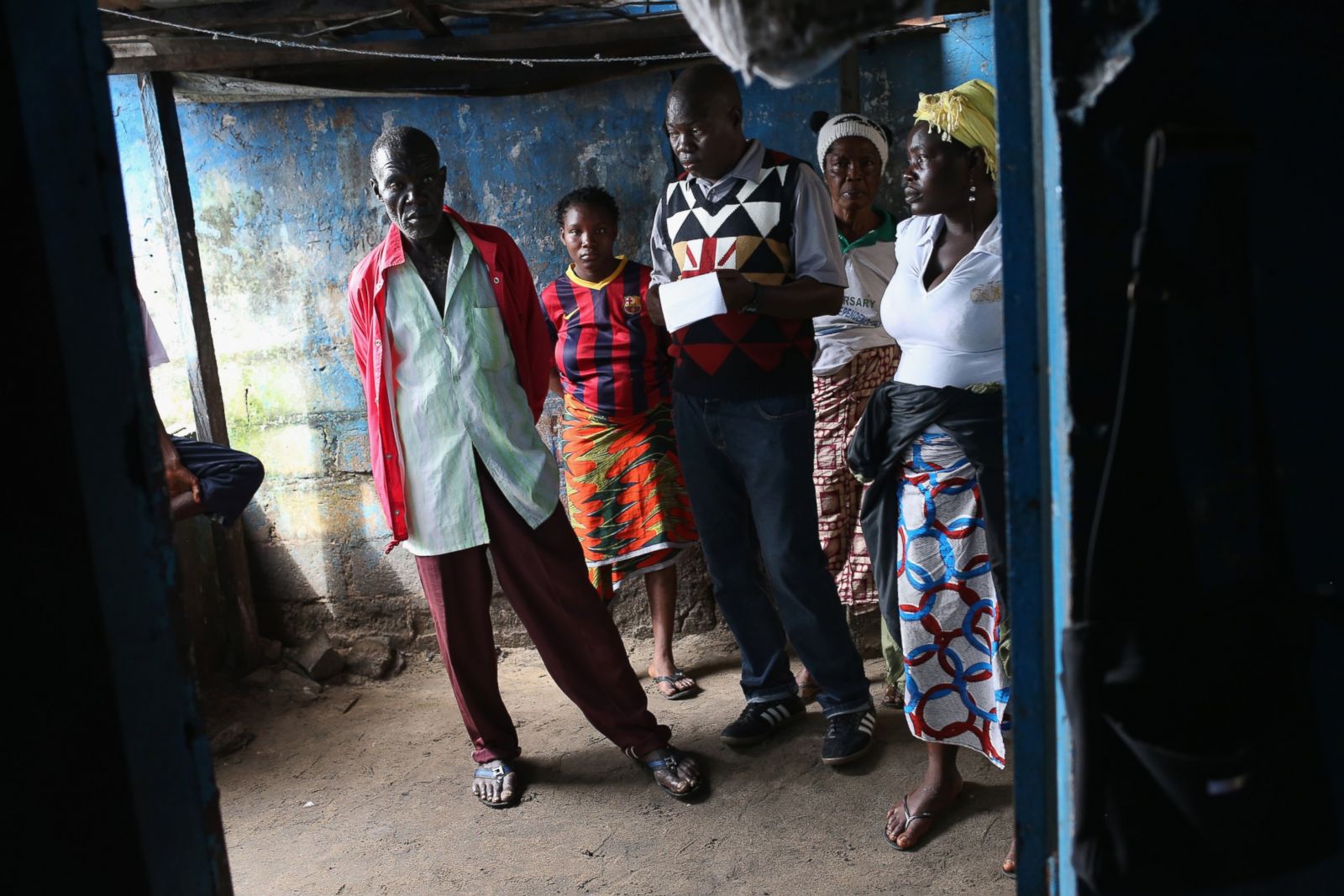Hello I am a new member from Scotland and my background is in immunology. I am sorry if it seems cheeky to have just joined and starting a new topic, but I wondered if anyone would comment on the following pub med article on incubation time of Zaire. Also I have added a few questions about natural immunity to Ebola, I.e. asymptomatic cases as possible carriers. Any thoughts would be good. I did post on another forum but no takers. PS I have read this forum since 2009 when I was pregnant and worried about H1N1 and I was reading reports out of mexico, no one was listening and that is when I found flutrackers and like minded people. Thanks for that. Anyway on with post.
Incubation time article from 2011
Osong Public Health Res Perspect. 2011 Jun;2(1):3-7. doi: 10.1016/j.phrp.2011.04.001. Epub 2011 Apr 12.
Incubation period of ebola hemorrhagic virus subtype zaire.
Eichner M1, Dowell SF, Fires
OBJECTIVES:
Ebola hemorrhagic fever has killed over 1300 people, mostly in equatorial Africa. There is still uncertainty about the natural reservoir of the virus and about some of the factors involved in disease transmission. Until now, a maximum incubation period of 21 days has been assumed.
METHODS:
We analyzed data collected during the Ebola outbreak (subtype Zaire) in Kikwit, Democratic Republic of the Congo, in 1995 using maximum likelihood inference and assuming a log-normally distributed incubation period.
RESULTS:
The mean incubation period was estimated to be 12.7 days (standard deviation 4.31 days), indicating that about 4.1% of patients may have incubation periods longer than 21 days.
CONCLUSION:
If the risk of new cases is to be reduced to 1% then 25 days should be used when investigating the source of an outbreak, when determining the duration of surveillance for contacts, and when declaring the end of an outbreak.
So just wondered if anyone had read that article. I also have a few other points for my post.
I realise incubation time is just one factor and transmission patterns and Ro numbers are also heavily influenced by the population the virus is spreading in. Speed and distribution depends especially on how many susceptible hosts there are. Do we know if there are asymptotic cases, or what percentage of the West African people are naturally immune to its infection, and if this subset of people can be carriers passing on the disease. No virus has the ability to replicate in every individual. Natural immunity can come from previous exposure, I.e. living close to the natural vector (perhaps the fruit bat), or different genotypes, even coinfections with diseases such as malaria, and sickle cell which change blood biochemistry and influence the immune system response. Does anyone know if there is any data or research on this.
What happens in African population may be very different from infection patterns in a European, Asian or Hispanic population partly to do with genetic diversity. So I think there will be differences in how this outbreak plays out depending on whether or not there is any natural immunity in any of the main races. I am hoping it won't spread too well in cold climates but who knows.
Thank you for listening any comments on any point would be great.
fp
Incubation time article from 2011
Osong Public Health Res Perspect. 2011 Jun;2(1):3-7. doi: 10.1016/j.phrp.2011.04.001. Epub 2011 Apr 12.
Incubation period of ebola hemorrhagic virus subtype zaire.
Eichner M1, Dowell SF, Fires
OBJECTIVES:
Ebola hemorrhagic fever has killed over 1300 people, mostly in equatorial Africa. There is still uncertainty about the natural reservoir of the virus and about some of the factors involved in disease transmission. Until now, a maximum incubation period of 21 days has been assumed.
METHODS:
We analyzed data collected during the Ebola outbreak (subtype Zaire) in Kikwit, Democratic Republic of the Congo, in 1995 using maximum likelihood inference and assuming a log-normally distributed incubation period.
RESULTS:
The mean incubation period was estimated to be 12.7 days (standard deviation 4.31 days), indicating that about 4.1% of patients may have incubation periods longer than 21 days.
CONCLUSION:
If the risk of new cases is to be reduced to 1% then 25 days should be used when investigating the source of an outbreak, when determining the duration of surveillance for contacts, and when declaring the end of an outbreak.
So just wondered if anyone had read that article. I also have a few other points for my post.
I realise incubation time is just one factor and transmission patterns and Ro numbers are also heavily influenced by the population the virus is spreading in. Speed and distribution depends especially on how many susceptible hosts there are. Do we know if there are asymptotic cases, or what percentage of the West African people are naturally immune to its infection, and if this subset of people can be carriers passing on the disease. No virus has the ability to replicate in every individual. Natural immunity can come from previous exposure, I.e. living close to the natural vector (perhaps the fruit bat), or different genotypes, even coinfections with diseases such as malaria, and sickle cell which change blood biochemistry and influence the immune system response. Does anyone know if there is any data or research on this.
What happens in African population may be very different from infection patterns in a European, Asian or Hispanic population partly to do with genetic diversity. So I think there will be differences in how this outbreak plays out depending on whether or not there is any natural immunity in any of the main races. I am hoping it won't spread too well in cold climates but who knows.
Thank you for listening any comments on any point would be great.
fp



Comment